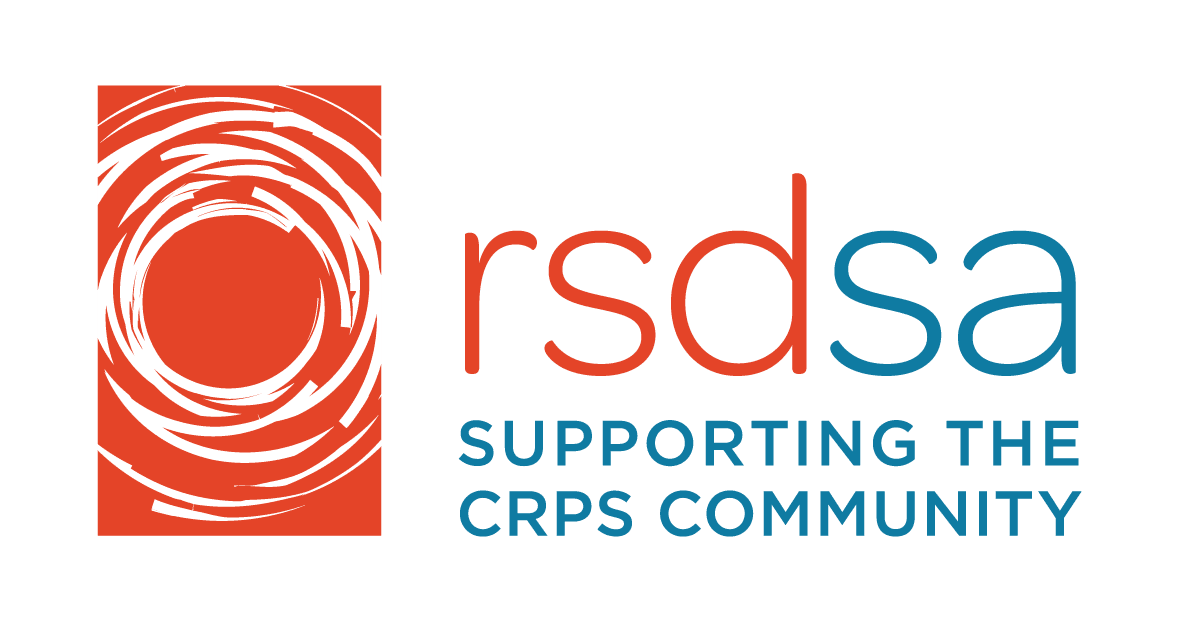Written anonymously for the RSDSA blog.
A guide of what not to say to someone with an invisible disability.
This post is written with the best intentions, directed to educate, not judge nor shame people who may not have sensitivity to topics they not know about. But I would like to touch on the topic of invisible disabilities, more specifically Reflex Sympathetic Dystrophy (RSD).
Having an invisible disability can be very challenging, similar to disabilities that can be seen to the eye. People tend to not understand and think you are faking something you wish you never had. But looking in from their shoes, you can see where confusion may lead them, and they may not be informed before they speak.
Coming from a person who has lived their life with an invisible disability, it is heartbreaking, and not just the pain aspect. There is a daily struggle of trying to explain what RSD is, and not having others understand, or leading to unjust comparisons.
Frequent comments I seem to receive consist of, “You are always crippled,” “Just go to physical therapy,” “At least you don’t have this,” “Why is something always wrong with you?” and many more. Little do they know, these unintended insults can hurt just as much as what someone who has RSD goes through on a daily basis. I do not want to be looked upon as weak. I am strong, I try not to show pain, and when I do, I am at a low. Please do not make a snap judgement and say the hurtful words that there is something always wrong with me. I do not want this disorder, and I would rather not feel insecure about myself for having it. It is a part of me, and a part I have grown to love and accept.
However, I find myself often in flare ups, and just tell people, “Oh I fractured my leg” or “I sprained my arm.” But why do I do this? My intention is not to lie or to deceive, but to save both of us the struggle of going into depth about what it truly is that I have. The worst comment however, is a comparison like, “Oh I know what you are going through, I was in a brace for three weeks.” No matter the circumstance, whether you are ill, have a slight cold, or any impairment, should a comparison be made. It can make a person feel small, and belittle what they may be going through. For someone who has been blessed to experience little pain in their life, a cold may seem like the end of it all. Allow that person to feel that way. Judging someone for something you may not understand is never an answer.
Instead, ask what you can do for a person. Showing someone you care and you are there for them under any circumstance is the best advice or comment you can give. As I get older, I find more and more people who are willing to have this attitude, rather than jump to conclusions. In addition, a small bump or tap can cause a person with an invisible disability severe pain. These winces are not for attention, and no we are not being dramatic. Be kind. Through personal experience, judgement is the most hurtful thing someone can do. Show compassion, become educated, and be there for those who appear strong on the surface, but may be weak on the inside.
Please consider making a donation to RSDSA today!
